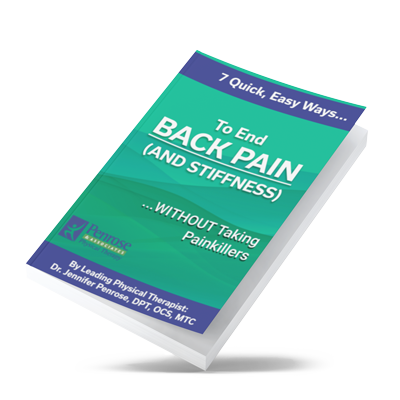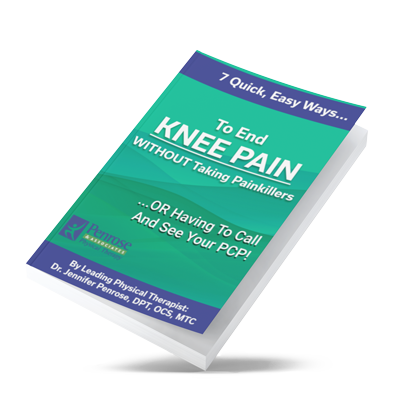Are you tossing and turning at night, waking up with a stiff neck or achy back? It’s possible that your sleeping posture may be to blame. Believe it or not, the position you sleep in can significantly affect the quality of your rest. In this blog, we’ll delve into the importance of proper sleeping posture and how it can contribute to a night of peaceful, rejuvenating sleep.
The Pillow Puzzle
Your choice of pillow is an essential component of maintaining good sleeping posture. The right pillow can provide support for your head and neck, helping to align your spine properly. Your ideal pillow will depend on your sleeping position:
Back Sleepers: Opt for a medium-thick pillow that supports the natural curve of your neck and the space between your neck and shoulders.
Side Sleepers: A firm pillow is recommended to keep your head and neck aligned with your spine. You might also consider a second pillow between your knees for added hip and spine support.
Stomach Sleepers: While this position is generally discouraged due to the strain it places on your neck and back, if you must, use a very thin pillow or none at all.
The Mattress Matters
The type of mattress you sleep on also plays a crucial role in maintaining proper posture. A mattress that’s too soft or too firm can disrupt your spinal alignment. Your ideal mattress will depend on your body type and sleeping position:
Back Sleepers: A medium-firm mattress is typically recommended to provide adequate support for your spine’s natural curvature.
Side Sleepers: A slightly softer mattress can help cushion your shoulders and hips while still offering support to your spine.
Stomach Sleepers: Again, this sleeping position is discouraged, but if you must, a firmer mattress may help prevent excessive sinking of the torso.
Additional Tips for Better Sleep Posture:
Avoid sleeping on your stomach: As mentioned, this position can strain your neck and back.
Use supportive sleep aids: Body pillows or specially designed sleep aids can help maintain proper posture.
Stretch before bed: Gentle stretching exercises can help relieve tension in your muscles and promote relaxation.
Now that you understand the importance of sleeping posture, you can take proactive steps to improve the quality of your sleep. Remember that good posture doesn’t stop when you’re awake; it’s equally important during your hours of rest.
If you’re experiencing persistent sleep-related discomfort or pain, it may be beneficial to consult with a physical therapist. They can provide personalized guidance on posture, recommend exercises to alleviate tension, and offer strategies for a more comfortable night’s sleep.
At Penrose Physical Therapy, we’re here to support your journey towards better sleep and improved well-being. Contact us at 360-456-1444 to schedule a consultation. Let’s work together to ensure you wake up feeling refreshed and ready to tackle the day!






